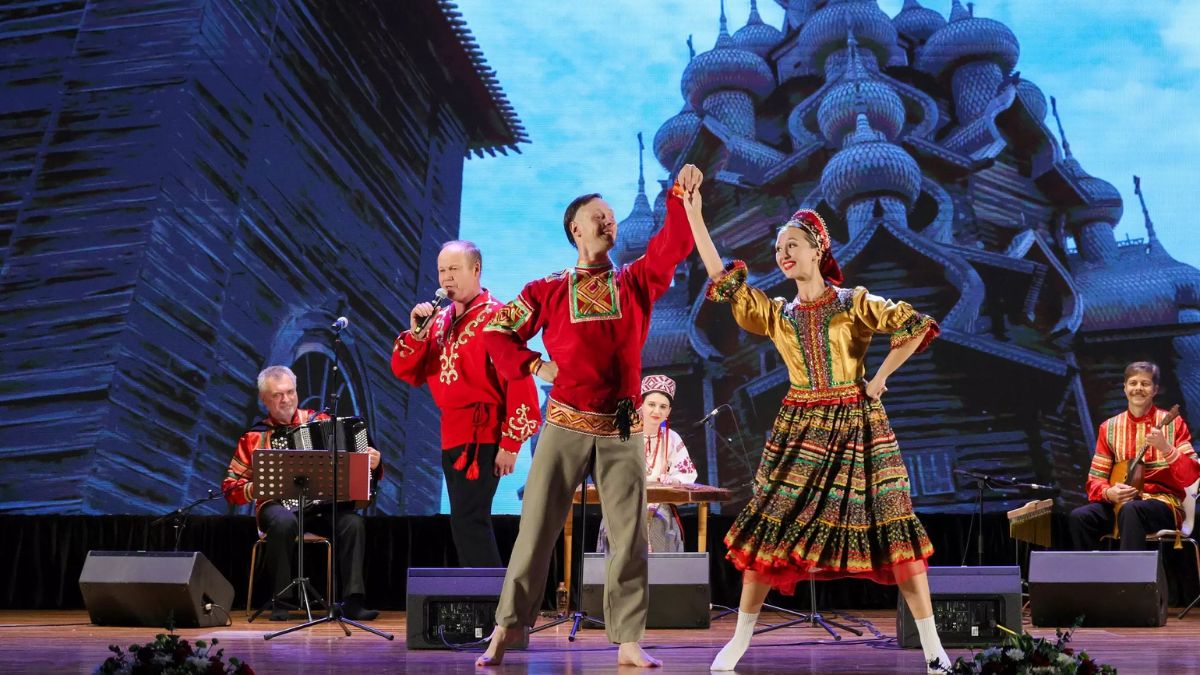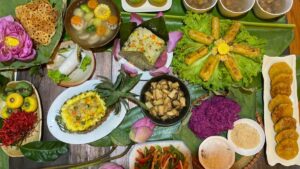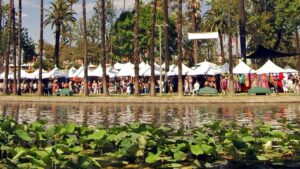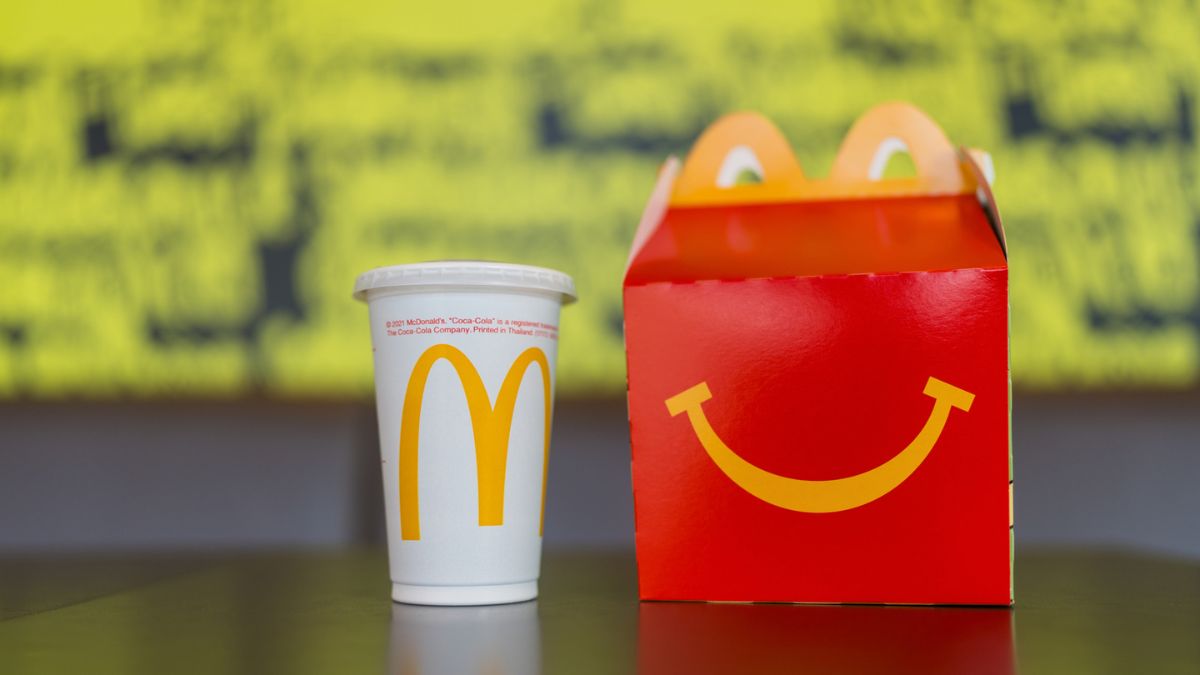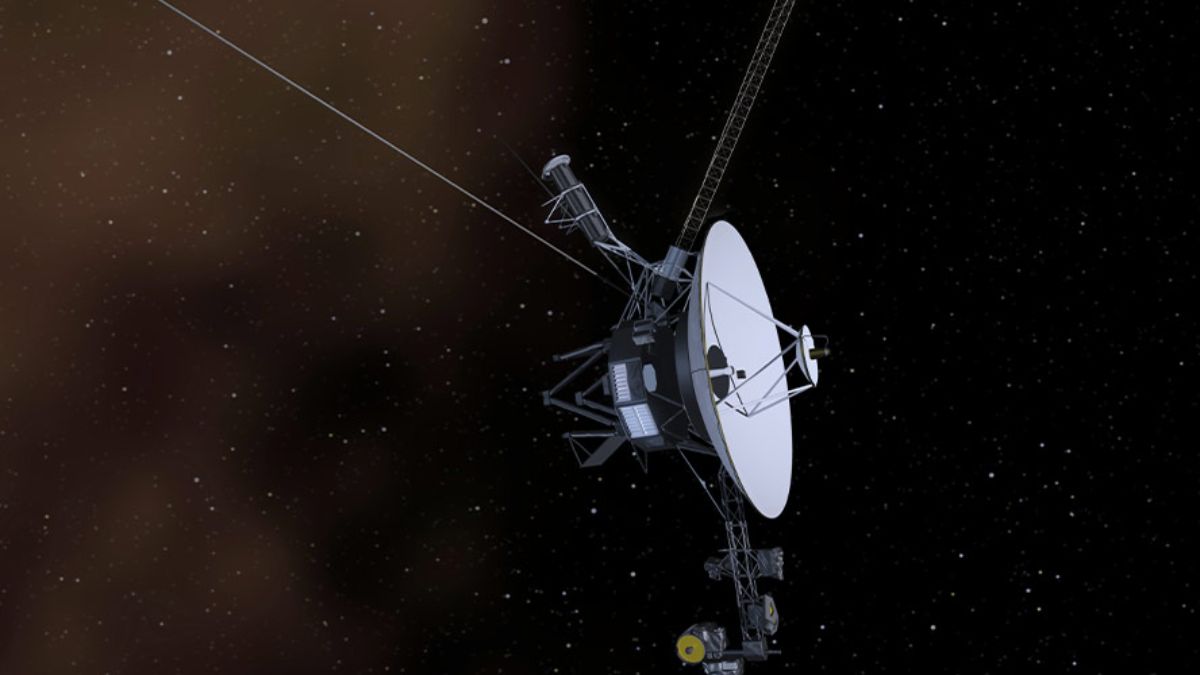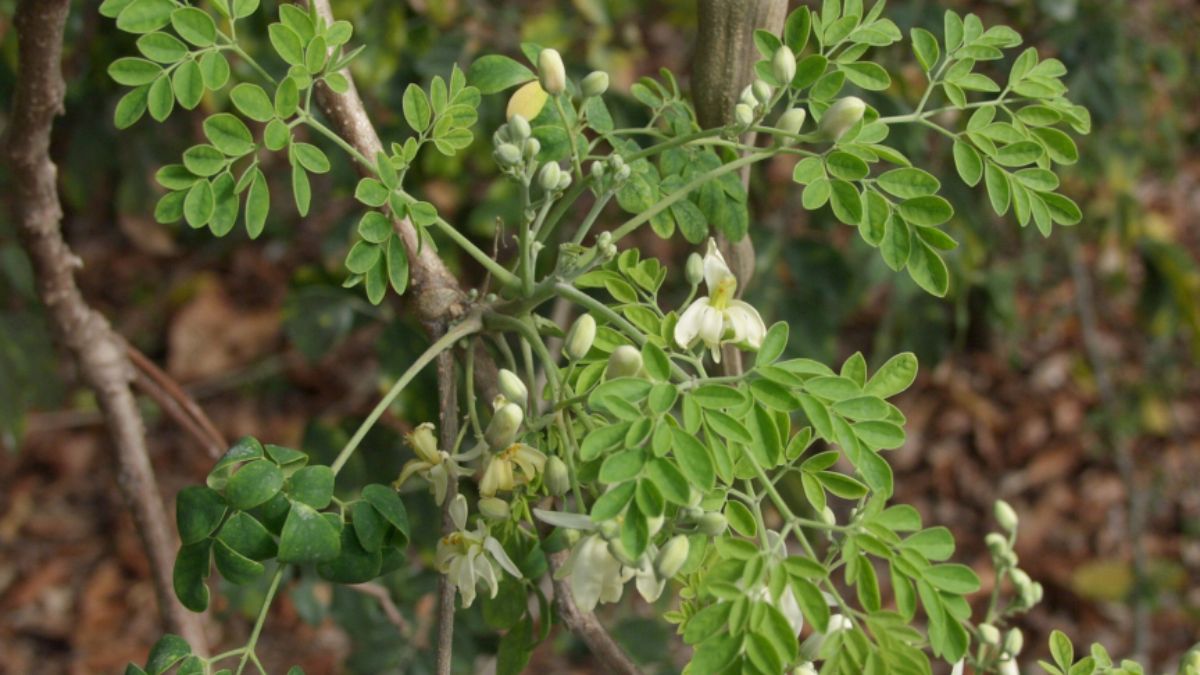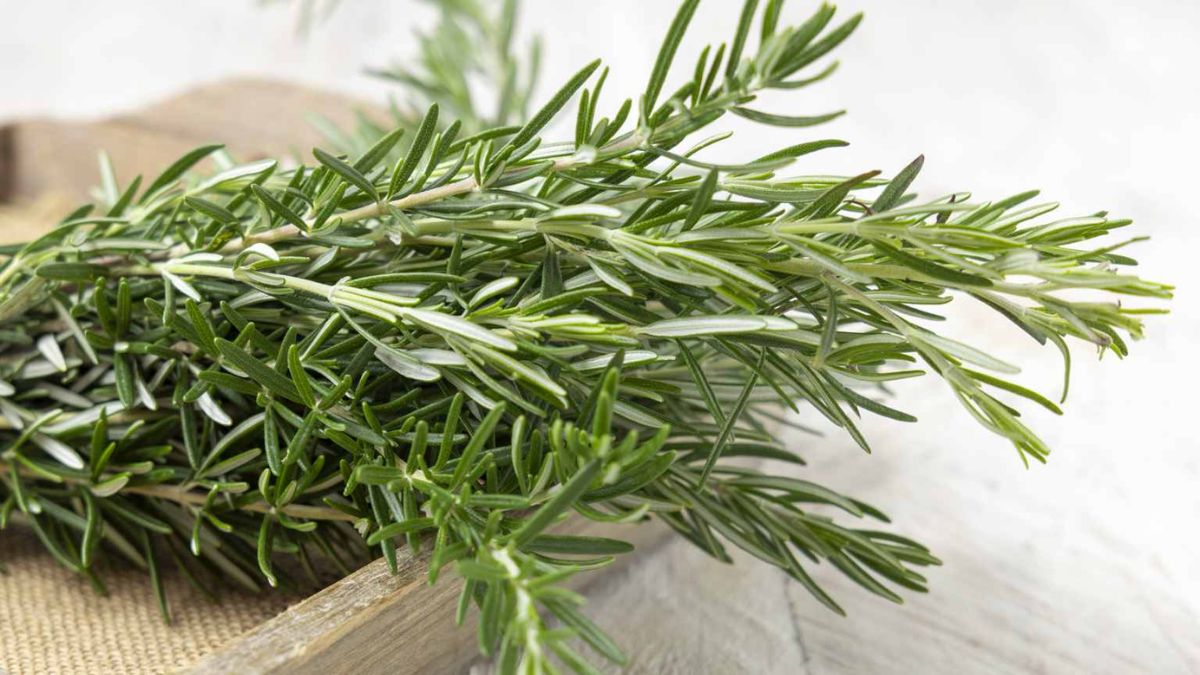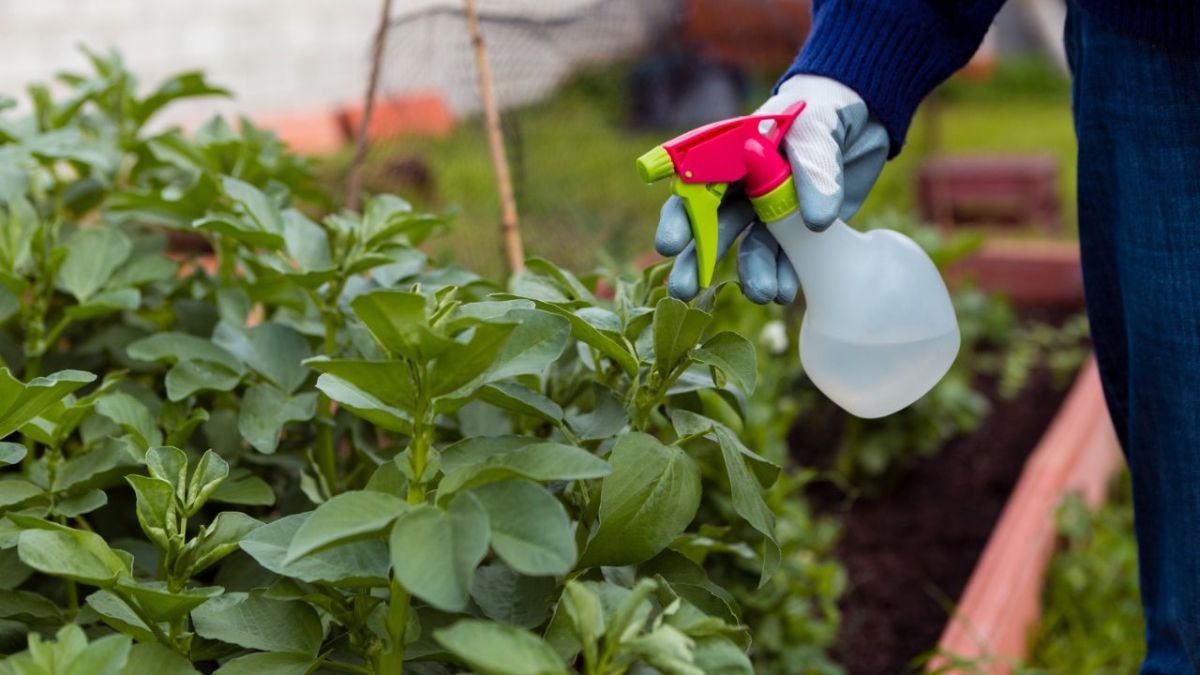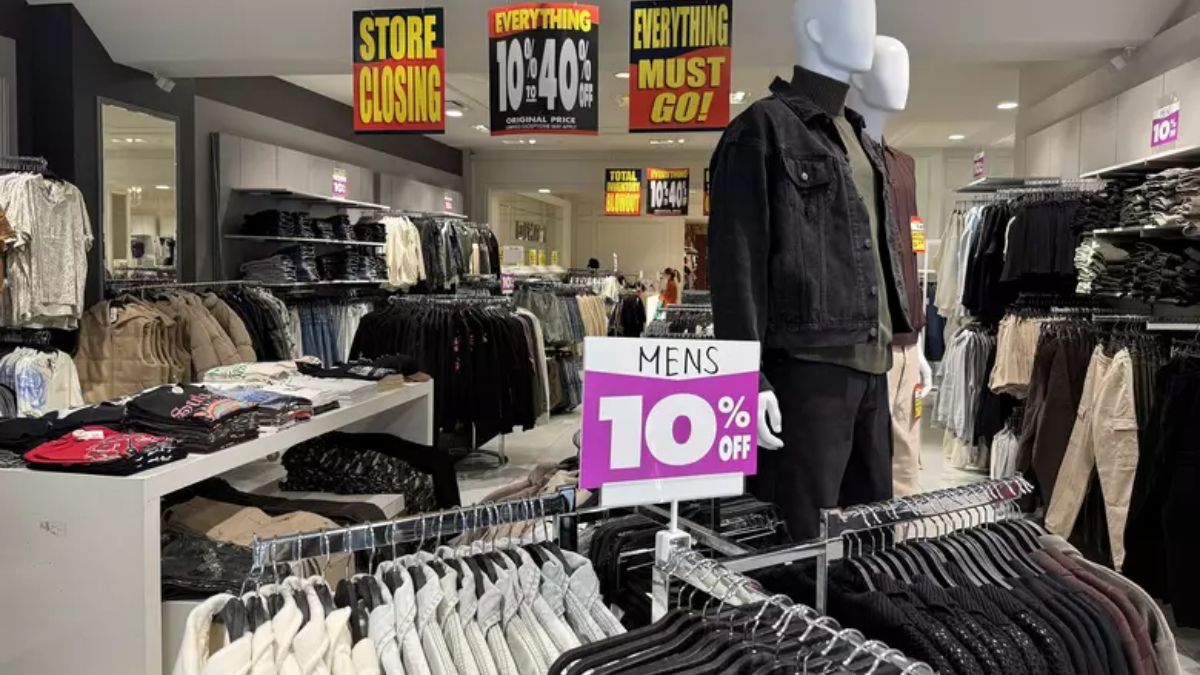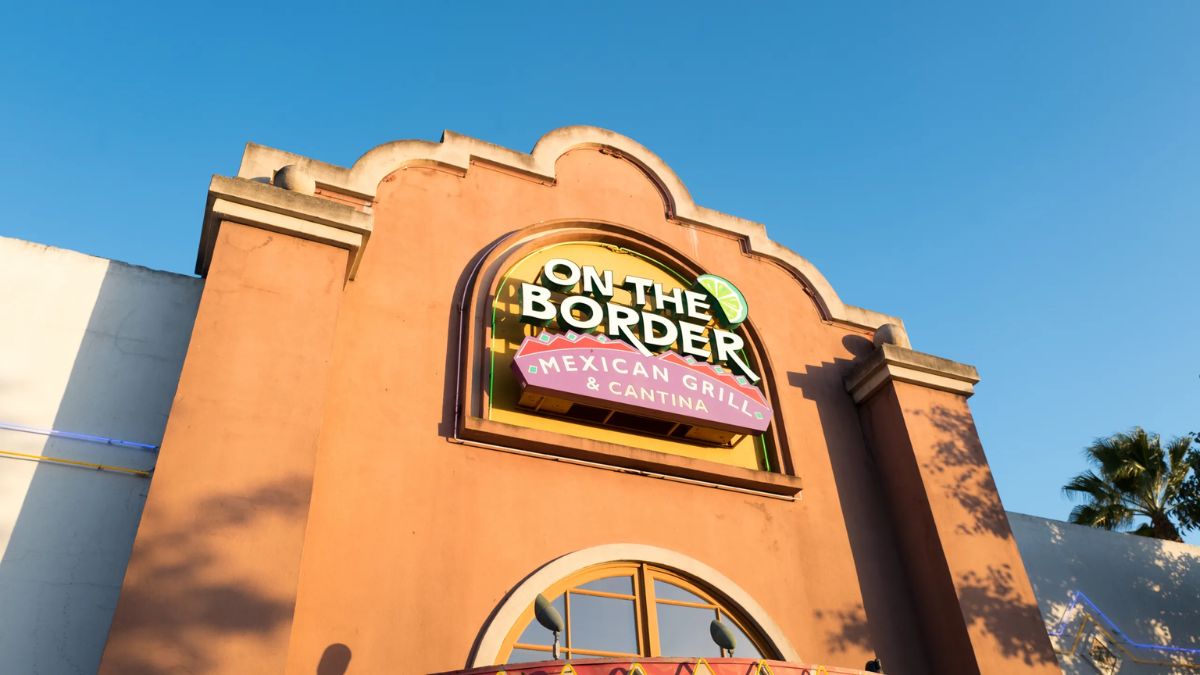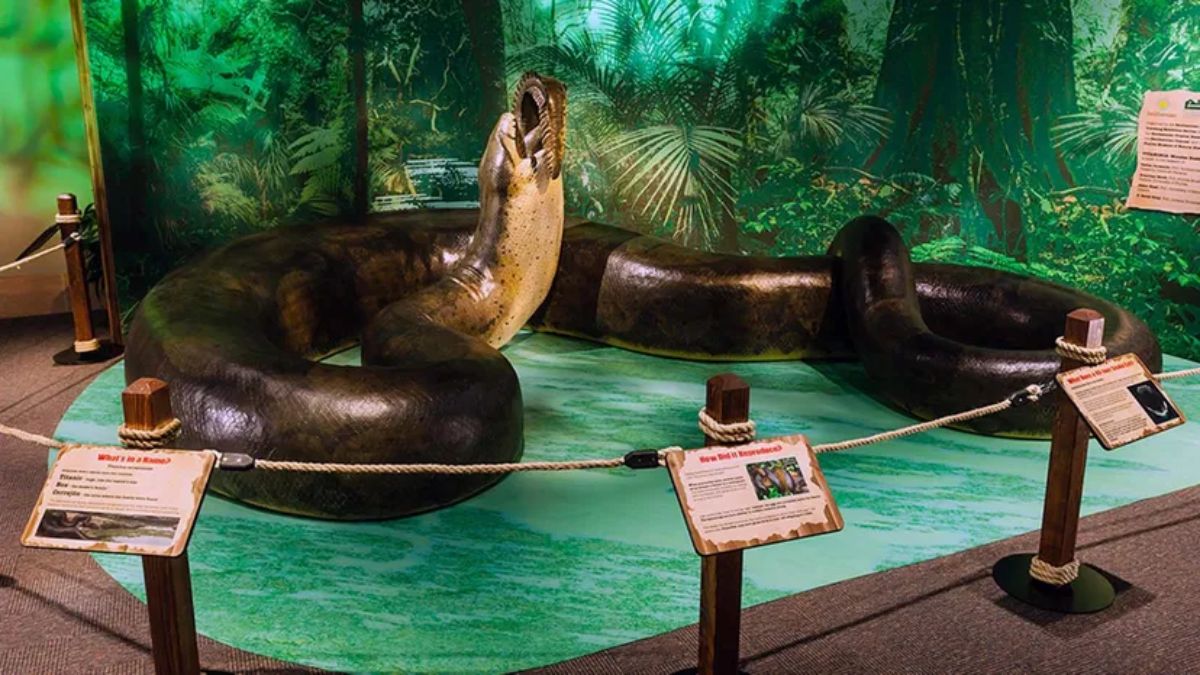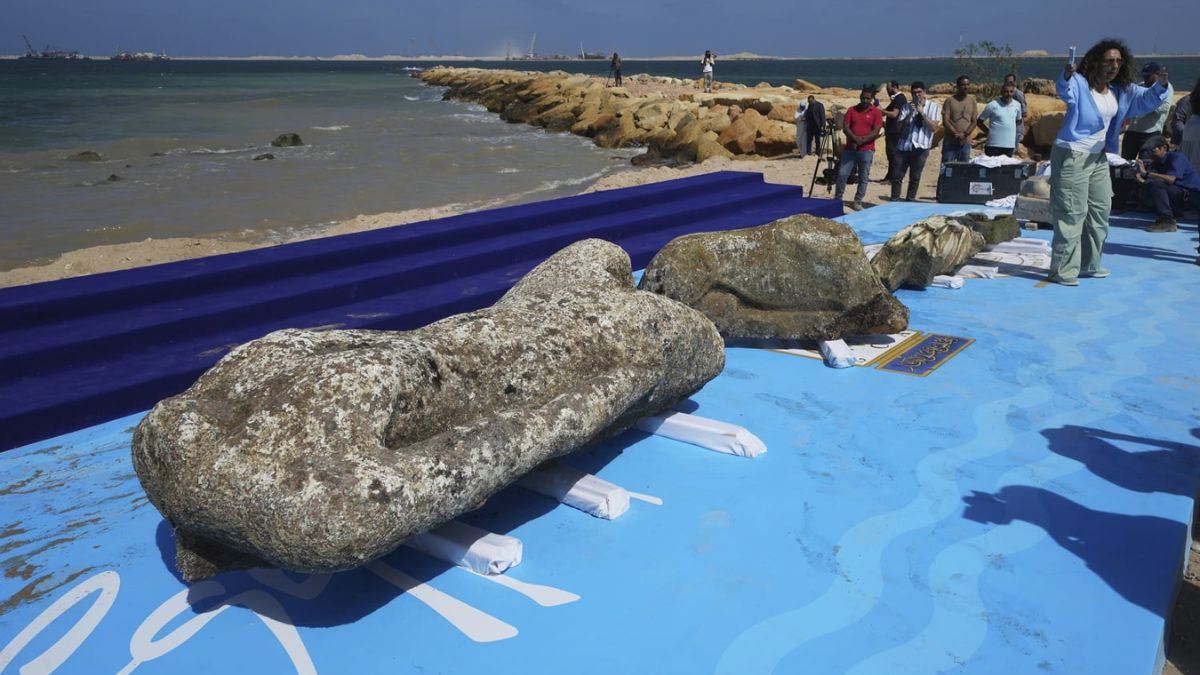Festivals aren’t just about food, music, or good Instagram moments—they’re powerful tools for healing, unity, and cultural pride. Events like the LA Lotus Festival don’t just bring people together for a weekend; they create safe spaces for storytelling, tradition, and shared joy.
Table of Contents
Whether you’re attending to reconnect with your roots, support a friend’s heritage, or just enjoy the vibes, there’s something quietly transformational about cultural festivals. Here’s how they promote community healing and cultural pride in real, lasting ways.
Identity
For many people, especially immigrants or second-generation individuals, identity can feel like a balancing act. Cultural festivals offer a chance to stand proudly in that space between countries, languages, and histories.
Seeing your culture celebrated publicly—whether through dance, food, or clothing—sends a clear message: You belong. It’s validation. It’s pride.
Even more, it helps young people feel connected to their heritage. A Filipino teen watching Tinikling on stage or a Japanese kid seeing Taiko drums might experience their identity in a new light—not just as something from the past, but something alive and thriving.
Storytelling
Every booth, every performance, every dish at a festival tells a story. And storytelling is at the heart of healing.
Communities that have faced marginalization, loss, or displacement often use festivals to reclaim their narratives. Whether it’s through music rooted in resistance, food that was once outlawed, or language workshops that revive nearly forgotten dialects—these stories matter.
When shared publicly, they help shift stereotypes, spark dialogue, and bridge gaps between generations and cultures.
Unity
In a world that often feels divided, festivals are a rare space where unity feels natural. Strangers dance together, laugh over food, and learn from each other.
Cultural festivals remind us that there’s strength in diversity. When people of different backgrounds come together to celebrate—not tolerate—each other’s heritage, it builds real community.
And it’s not just symbolic. These events encourage collaboration between local groups, schools, artists, and city leaders. They help neighbors connect in meaningful ways.
Healing
Healing can happen in quiet, subtle moments—a smile from an elder after seeing a traditional song performed, or a tear shed while listening to a familiar language over loudspeakers.
For many, these festivals are a break from daily stress, discrimination, or invisibility. It’s a place to be seen, heard, and celebrated.
They also serve as intergenerational healing spaces. Grandparents share stories with grandkids, elders teach younger folks how to dance or cook, and traditions are passed on not through books, but through living memory.
Education
Festivals are one of the best entry points for cultural education. Unlike textbooks or lectures, they let you experience culture with all your senses.
Taste a dish, hear a song, see a dance, try on traditional attire—this hands-on learning sparks empathy and respect in ways that static learning can’t.
Even for those outside the culture being celebrated, festivals offer a respectful way to learn without appropriation. It’s about being invited in, not taking over.
Empowerment
When communities organize festivals, they take control of how their culture is presented. They choose what to highlight, what stories to tell, and who gets the mic.
That’s empowering, especially for groups that have often been misunderstood, stereotyped, or overlooked. It turns spectators into participants, performers into leaders, and traditions into celebrations of survival.
Celebration
Let’s not forget the joy. Sometimes, the act of celebrating itself is a form of resistance, especially for communities that have faced oppression or hardship.
Dancing in the street, wearing traditional dress, singing in your native language—these acts are more than just fun. They’re affirmations of existence and resilience.
And when the broader community shows up to cheer you on? That joy multiplies.
Cultural festivals like the LA Lotus Festival may only last a weekend, but their impact goes much deeper. They connect us to our roots, teach us to honor others, and remind us that culture isn’t something to hide or forget—it’s something to celebrate, share, and grow from.
If you’ve never been to one, don’t just go for the food (although, definitely eat). Go for the community. Go for the connection. Go to feel a little more human.
FAQs
How do festivals promote healing?
They offer safe spaces to share culture and experiences.
Why do festivals matter to identity?
They validate and celebrate cultural heritage publicly.
Are festivals educational?
Yes, they provide hands-on learning through culture.
Do festivals build community unity?
Absolutely—they bring people together across cultures.
What makes cultural festivals empowering?
They give communities control of their own narratives.

